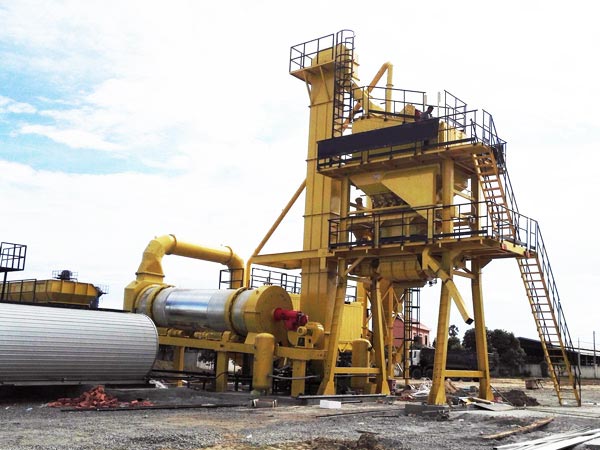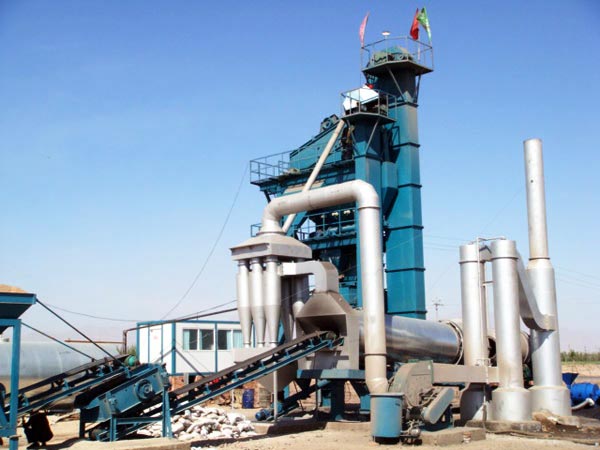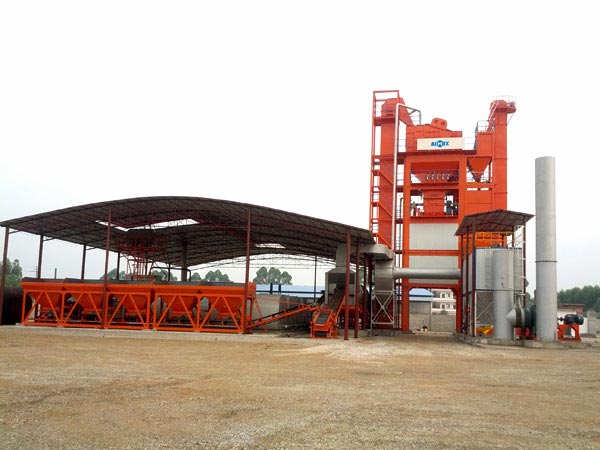Asphalt plants play a crucial role in ensuring the availability of asphalt for construction projects. However, winter weather can pose significant challenges to their operations, especially in regions with harsh climates like Russia. This article explores various strategies that asphalt plants can employ to prevent shutdowns during the winter months.

Factors Influencing Asphalt Plant Shutdowns
Harsh Winter Conditions in Russian Asphalt Plants
Russian winters are known for their extreme cold temperatures and heavy snowfall, which can severely impact the operation of stationary asphalt mixing plants. The low temperatures can cause the asphalt mix to cool too quickly, leading to difficulties in achieving proper compaction and reducing the quality of the final product. Additionally, snow accumulation can hinder access to raw materials and disrupt transportation logistics.

Strategies to Prevent Shutdowns
Insulating Equipment and Infrastructure:
Proper insulation of essential equipment such as storage tanks, pipes, and conveyors is crucial to maintain the temperature necessary for asphalt production. Insulating measures include using thermal blankets, jackets, or foam insulation to minimize heat loss and protect against freezing.
Heating Systems:
Implementing effective heating systems is vital in maintaining optimal working conditions during winter. Heating units, such as steam coils or electrical heaters, can be installed in key areas to keep critical components warm and prevent asphalt from solidifying in transit.
Cold Weather Additives:
The use of specialized additives, such as anti-stripping agents or warm-mix asphalt additives, can improve the workability and performance of asphalt mixes during colder temperatures. These additives enhance adhesion between asphalt and aggregates, reduce moisture susceptibility, and allow for easier mixing and compaction at lower temperatures.
Continuous Operations and Planning:
To mitigate the challenges posed by winter conditions, asphalt batch plants operators should plan ahead and aim for continuous operations. This involves maintaining an adequate supply of raw materials, including aggregate and bitumen, and ensuring timely delivery throughout the season. Proper scheduling and coordination can help avoid interruptions in production.

Snow Management:
Snowfall can disrupt asphalt plant operations by blocking access roads and storage areas. Regular snow removal and de-icing measures should be implemented to maintain safe and efficient operation during winter. Clearing snow from critical areas and establishing designated snow storage areas are essential steps to ensure uninterrupted plant functionality.
Conclusion:
Asphalt plants in regions like Russia face unique challenges during winter due to extreme weather conditions. However, with proper planning and the implementation of insulation, heating systems, cold weather additives, and effective snow management strategies, these plants can continue operating efficiently throughout the winter months. By adopting these measures, asphalt producers can help meet construction demands and contribute to infrastructure development regardless of the season. Learn more about stationary plants: https://aimixgroup.com/lb-series-stationary-asphalt-mixing-plant/.